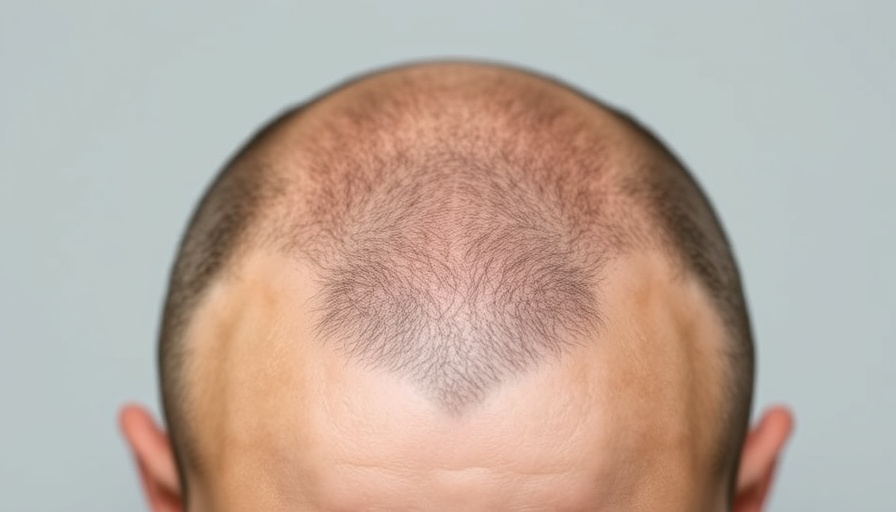
Understanding Alopecia Areata and Its Challenges
Alopecia Areata is an autoimmune condition that leads to hair loss, often in patches. It can significantly impact the quality of life for individuals, leading to psychological distress due to societal perceptions regarding appearance. Historically, treatment options have been limited, with many patients left without effective solutions. Recent advancements in medicine, however, hold promise for managing this challenging condition.
Baricitinib: A Promising Treatment for Alopecia Areata
The recent four-year study evaluating Baricitinib demonstrates its long-term safety and efficacy as a game-changer for those suffering from severe Alopecia Areata. The study highlights how this Janus kinase (JAK) inhibitor works by modulating the immune system's response, thereby reducing the severity of hair loss.
Key Findings from the Four-Year Trial
In this extensive trial, participants showed significant hair regrowth over the four years, with minimal side effects reported. By targeting the dysregulated immune pathways associated with Alopecia Areata, Baricitinib offers a new lifeline to patients. The results also emphasize the need for ongoing research to understand the long-term effects and optimal conditions for administering this treatment.
Patient Perspectives and the Human Element
For many patients, undergoing treatment for Alopecia Areata is about more than hair regrowth; it’s about restoring confidence and normalcy in life. This study represents a shift in treatment philosophy, where more focus is placed on the emotional and psychological aspects of living with a chronic condition.
Comparative Insights: Other Treatments for Alopecia Areata
While Baricitinib's results are promising, it is important to acknowledge alternative treatments, such as corticosteroids and topical minoxidil. Each option has its pros and cons, including varying degrees of effectiveness and side effects. Patients should consult healthcare providers to tailor a treatment strategy based on individual conditions and preferences.
Future Directions for Alopecia Areata Research
The ongoing success of Baricitinib has paved the way for further research into targeted therapies for other autoimmune conditions. The scientific community is also exploring combinations of treatments that might enhance overall outcomes for patients suffering from hair loss, thereby contributing to a holistic approach to care.
Final Thoughts
As we witness the evolution of treatment options for Alopecia Areata, the importance of understanding both the clinical data and patient experiences becomes increasingly clear. Baricitinib marks a significant advancement in the field, but continuing to support research, education, and patient advocacy will be essential to maximize benefits for all.
 Add Row
Add Row  Add
Add 




Write A Comment